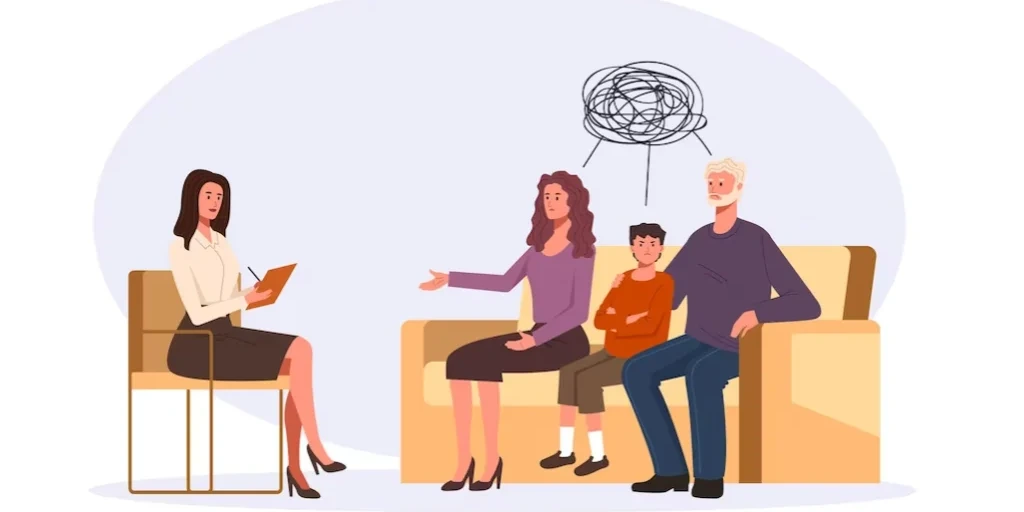24/7 Helpline:
(866) 899-111424/7 Helpline:
(866) 899-1114
Learn more about Schizophrenia Treatment centers in Stark County
Schizophrenia Treatment in Other Counties

Other Insurance Options

Molina Healthcare

Covered California

Anthem

EmblemHealth

Multiplan

Providence

Absolute Total Care

MHNNet Behavioral Health

Private insurance

Holman Group

Oxford

Group Health Incorporated

Health Partners

Magellan

Ceridian

Evernorth

GEHA

Horizon Healthcare Service

Excellus

Access to Recovery (ATR) Voucher

Arrow Passage Recovery
Arrow Passage Recovery in Massillon, OH is an accredited dual-diagnosis addiction rehab center. It s...

CommQuest – Wilson Hall
Commquest- Wilson Hall, located in Massillon, Ohio, is an alcohol, drug, and dual diagnosis treatmen...

CommQuest
CommQuest is located in Massillon, Ohio. CommQuest provides education, prevention, and treatment of ...

Brightview – Canton Addiction Treatment Center
The Brightview Canton Addiction Treatment Center is a dual diagnosis rehab facility located in Massi...

CommQuest – Outpatient
CommQuest - Outpatient Office is located in Massillon, Ohio. CommQuest - Outpatient Office provides ...




























































































































































































































































Heart Outreach Ministries – Camp Heart
Heart Outreach Ministries – Camp Heart is a private rehab located in Beach City, Ohio. Heart Outreac...

CommQuest – Regional Center for Opiate Recovery – ReCOR
CommQuest - Regional Center for Detox & Recovery (ReCOR) is located in Massillon, Ohio. CommQuest - ...

DVPI – Renew Counseling and Recovery Center
DVPI - Renew Counseling and Recovery Center helps victims of domestic violence become survivors by p...











































































